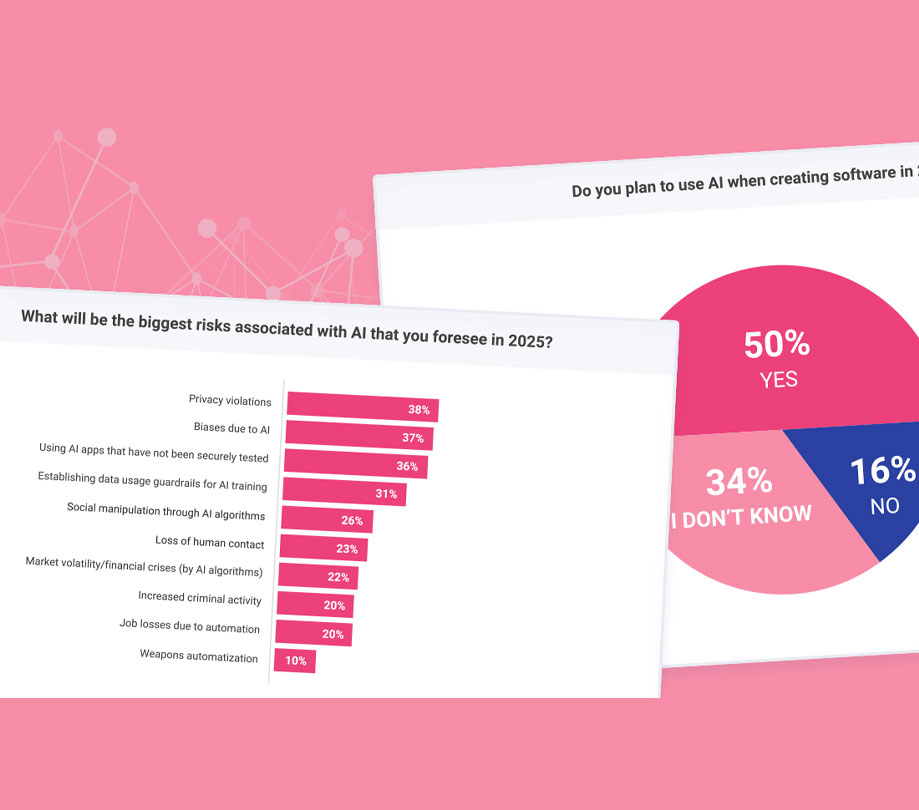DevOps
Puppet DevOps report gives their take on the industry
Monday, September 17, 2018

|
Richard Harris |

The 2018 State of DevOps Report done by Puppet has been released to share the important information that Puppet gathers every year on the status of DevOps.
Puppet announced the findings of the 2018 State of DevOps Report. Over the past seven years, Puppet has surveyed more than 30,000 technical professionals, making this report the largest, most comprehensive and longest-running study they have ever done on the topic of DevOps. This year’s survey garnered responses from more than 3,000 global technology professionals from organizations of all sizes and within multiple industries. It was written by Puppet and Splunk Inc. and is sponsored by Amazon Web Services, Cloudability, Cognizant, CyberArk, Diaxion, Eficode, and Splunk.
This year’s report reveals the five stages of DevOps evolution and a pragmatic, prescriptive approach aimed at helping organizations get started with DevOps, replicate and scale existing pockets of success and make forward progress in their DevOps evolution. The 2018 State of DevOps Report maps organizations along an evolutionary scale based on how frequently they are using key practices. Organizations that are employing all the practices with a high frequency are highly evolved, or High. Those organizations employing few practices with low frequency are Low, and those doing some practices sometimes are Medium.
Key 2018 State of DevOps findings:
In a DevOps evolution, there are many paths to success, but even more that lead to failure: Every organization is different and for most, the DevOps journey isn’t linear. There are many starts and stops along the way, which can kill early momentum and lead to cynicism. Without a prescriptive path forward, organizations are struggling to scale their DevOps success beyond isolated teams. 80 percent of respondent organizations are Medium. Almost 11 percent are Low and just under 10 percent are High. Though DevOps practices have become mainstream, it’s much harder to make the leap from Medium to High than it is from Low to Medium. Thus, organizations can gain a serious competitive advantage if they concentrate on further evolving their DevOps practices.
Executives have a rosier view of their DevOps progress than the teams they manage: For nearly every practice, C-suite respondents were more likely to report that DevOps practices were in frequent use. For example, 64 percent of C-suite respondents believe that security teams are involved in technology design and deployment versus 39 percent at the team level. Additionally, 54 percent of C-suite respondents believe their organization automates security policy configurations versus 38 percent at the team level.
Automating security policy configurations is a critical practice at the highest levels of DevOps evolution: Highly-evolved organizations are 24 times more likely to always automate security policy configurations compared to the least evolved organizations. This finding underscores how as organizations evolve, security policy becomes a part of operations, not just an afterthought when an audit looms. In other words, teams are automating security policy configurations initially for their own benefit, and as their understanding evolves, this automation evolves to work for the benefit of the entire organization.
"While DevOps practices have become far more well known across our industry, organizations continue to struggle to scale pockets of DevOps success more broadly across multiple teams and departments,” said Nigel Kersten, VP of Ecosystem Engineering at Puppet. "This year's report explores the foundational practices that need to be in place in order to scale DevOps success, and proves that success can only scale when teams are enabled to work across functional boundaries."
“This year’s report findings validate that foundational practices have a profound impact on an organization’s overall DevOps evolutionary journey and are key to scaling successes no matter how mature the DevOps transformation is within the organization,” said Andi Mann, Chief Technology Advocate, Splunk. “Splunk’s partnership with Puppet and participation in this report reflects our shared commitment to empower organizations to collaborate across critical boundaries and automate resources for broader use.”
Read more: http://appdevelopermagazine.com/partner/link/?ref=...

Become a subscriber of App Developer Magazine for just $5.99 a month and take advantage of all these perks.
MEMBERS GET ACCESS TO
- - Exclusive content from leaders in the industry
- - Q&A articles from industry leaders
- - Tips and tricks from the most successful developers weekly
- - Monthly issues, including all 90+ back-issues since 2012
- - Event discounts and early-bird signups
- - Gain insight from top achievers in the app store
- - Learn what tools to use, what SDK's to use, and more
Subscribe here












Comments